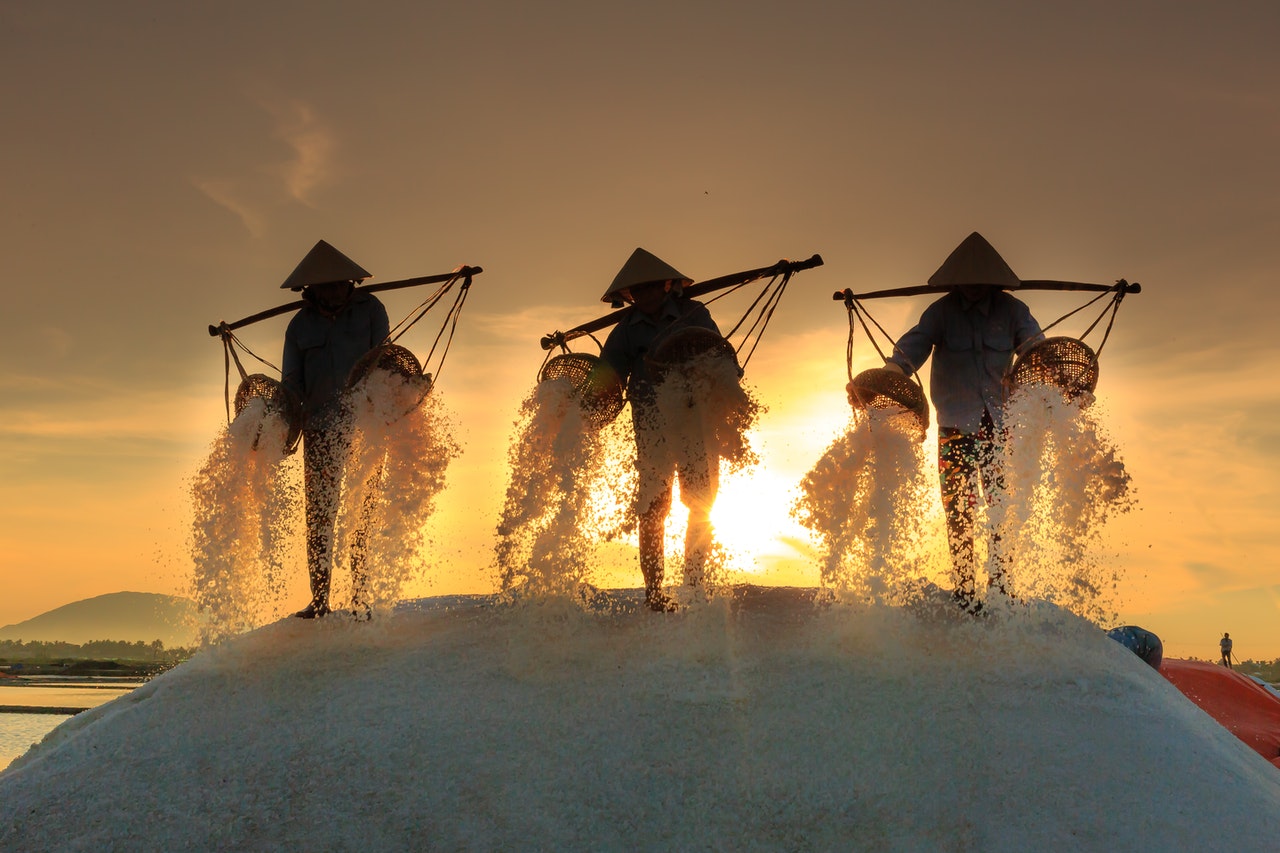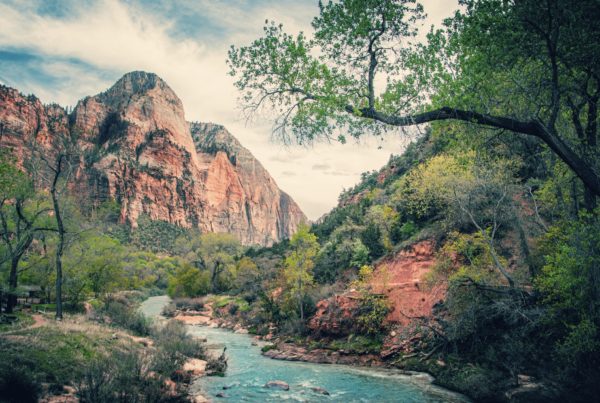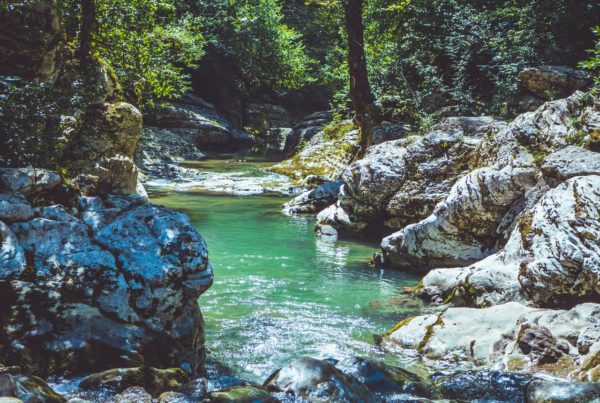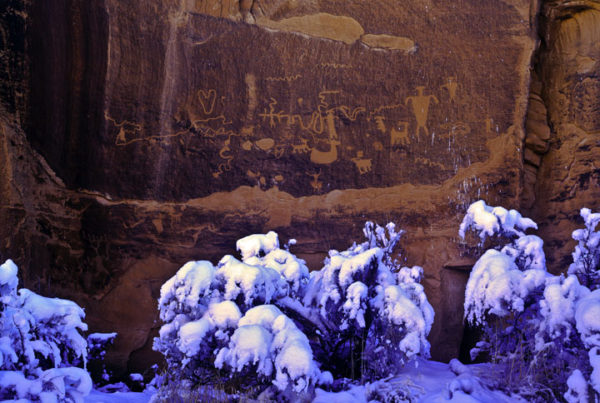Ye are the salt of the earth: but if the salt have lost his savour, wherewith shall it be salted? It is thenceforth good for nothing, but to be cast out, and to be trodden under foot of men.
Matthew 5:13
What does it mean to be the Salt of the Earth? This question seems to be central to the Gospel Jesus taught. A similar sentiment is expressed over and over throughout the New Testament and Restoration Scripture. Jesus reads the natural world as a sacred text and reveals to us the wisdom written into the Earth. In this case, Jesus teaches us the wisdom of salt. Maybe it’s because of the ubiquity of salt in Utah or because I love cooking and salt is a central pillar of culinary delight, but this particular passage has been on my mind for a few years now.
I find that reframing or rephrasing symbolic parables such as this can help me see them in new light. So while we learn about the wisdom of salt, let’s also approach salt with a question in mind: what good is my faith? What good is my faith to me? What good is my faith to my community? Am I being transformed and mutually transforming my community by our affirmed faith journeys? Or does my faith not extend beyond me and my body? These questions are a good starting point to begin understanding just what it means to be the Salt of the Earth.
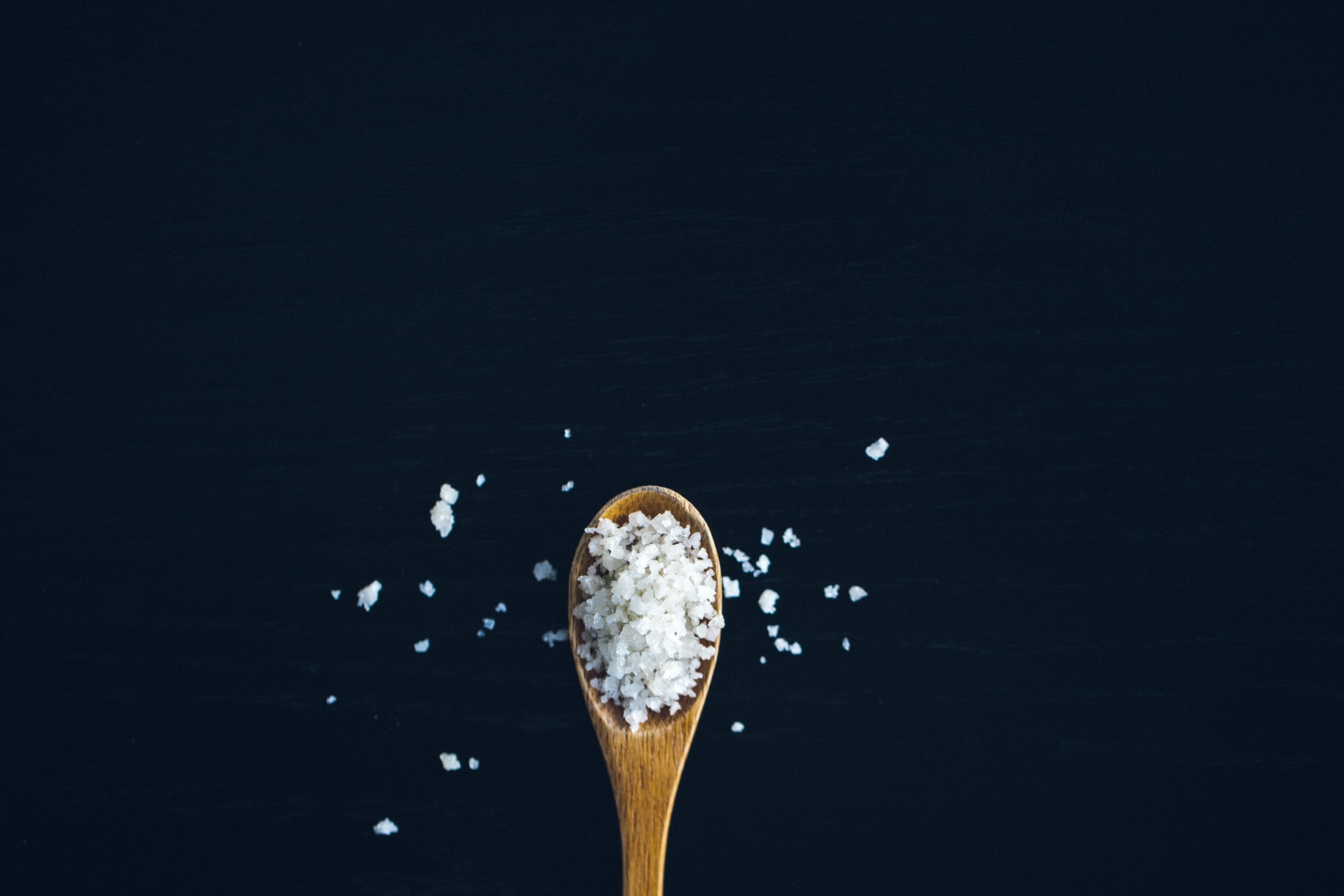
The Magic of Salt
The salt seasoning your supper is likely millions of years old. Meaning it has been around much much longer than you have. As one of the oldest members of the Earth family salt has a lot of wisdom to impart. It is ubiquitous to the human experience through oceans and human palettes through food which is why it is such a potent metaphor.
In its pure form of sodium, salt is one of the most abundant minerals on Earth. In fact, the element sodium makes up 2.6% of the Earth’s crust. However, its pure form is highly reactive so you’ll never find unbonded sodium molecules. Instead, sodium is always combined with other elements, like chloride. Today you will find salt nestled in rock and water. As rainwaters fall to Earth, they run over and through soils, leaching away the inborn salt and carrying them through every stream, river, and lake until finally the salt is deposited in the ocean. Running this process for 4 billion years, as oceans and continents rise and fall over the globe, has left the Earth dotted with salt flats and buried salt mounds.
Salt is one of the many essential minerals we need to exist happily. In our bodies, salt helps balance blood pressure and water distribution. As an electrolyte, sodium transmits the electrical signals between nerves and muscles. Without salt, our brains, hearts, and muscles would fail to work. It is a good thing, then, that “we are hardwired to crave salt to ensure we get enough of it (Salt, Fat, Acid, Heat, 20).”
For anyone who has swallowed a mouthful of the ocean after getting rolled by a wave or has licked the salt flats, the flavor of salt is overpowering. After tasting salt, you might wonder why we put it in any food at all, at risk of destroying and covering up whatever flavor once existed. But the wild thing is that when added to food, salt curiously enhances the natural flavor of almost everything. And not only does salt enhance, but can also reveal the inherent flavor profile of foods. Eggs go from tepid flavorless scrambles to richly savory vessels of golden goodness. Salted chocolate becomes sweeter and salted watermelon becomes brighter and more intensely flavorful.
This is so weird. It is not what you would expect. And it certainly is more creative than any of us could have imagined. To my tongue, salt enchants food and weaves a spell of tastiness in and through a recipe. This odd characteristic of salt holds the key to understanding the mystery of being the Salt of the Earth. Salt enchants. Salt transforms. Salt preserves. Salt enhances. Salt reveals.
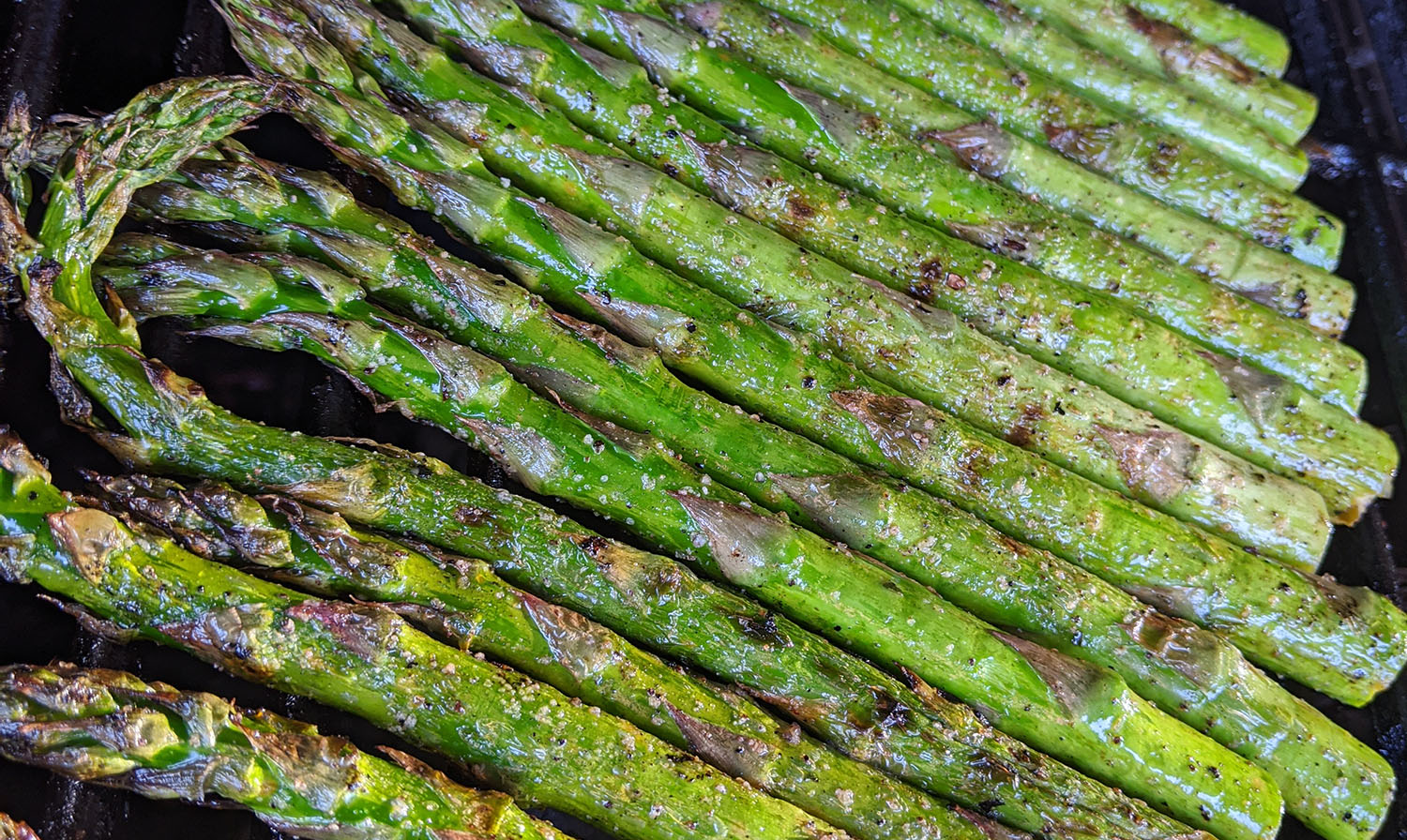
Good for Something
Jesus’ teaching on salt hinges on the phrase “good for nothing.” The implicit idea within the parable is that salt is useful. It is good for something. So what is it good for? Like I’ve already mentioned, salt is somehow both a preserver and a transformer. Salt shines a spotlight on flavor and minimizes bitterness. Salt can tenderize and change textures as well as reveal dormant flavor compounds. Salt is an agent of change and action. Salt that can’t do any of that is useless and might as well be white dirt.
In Jesus’ time, the salt they used was inherently impure, combined with many other minerals. This impurity isn’t necessarily a bad thing. There are many salts on shelves today that have technical impurities that are actually minerals our bodies need. However, because of salt’s high reactivity, when exposed to moisture, the sodium would leach away, leaving behind a substance that looked an awful lot like salt but which had none of its flavor or usefulness. It was good for nothing.
Likewise, if we are so intent on keeping our salt pure, we will never use it. How many of us have salt crocks or shakers that remain in cupboards because we either don’t know how to use salt or are afraid of dirtying it? For all intents and purposes, this salt has also lost its savor and is good for nothing. Whether by chemical leaching or over concern for purity, the result is the same — the salt has become good for nothing.
Salt is only good for something when it is an ingredient in something else. That is salt’s inner nature. Only when added to something else can salt work its magic to transform, preserve, tenderize, or reveal.
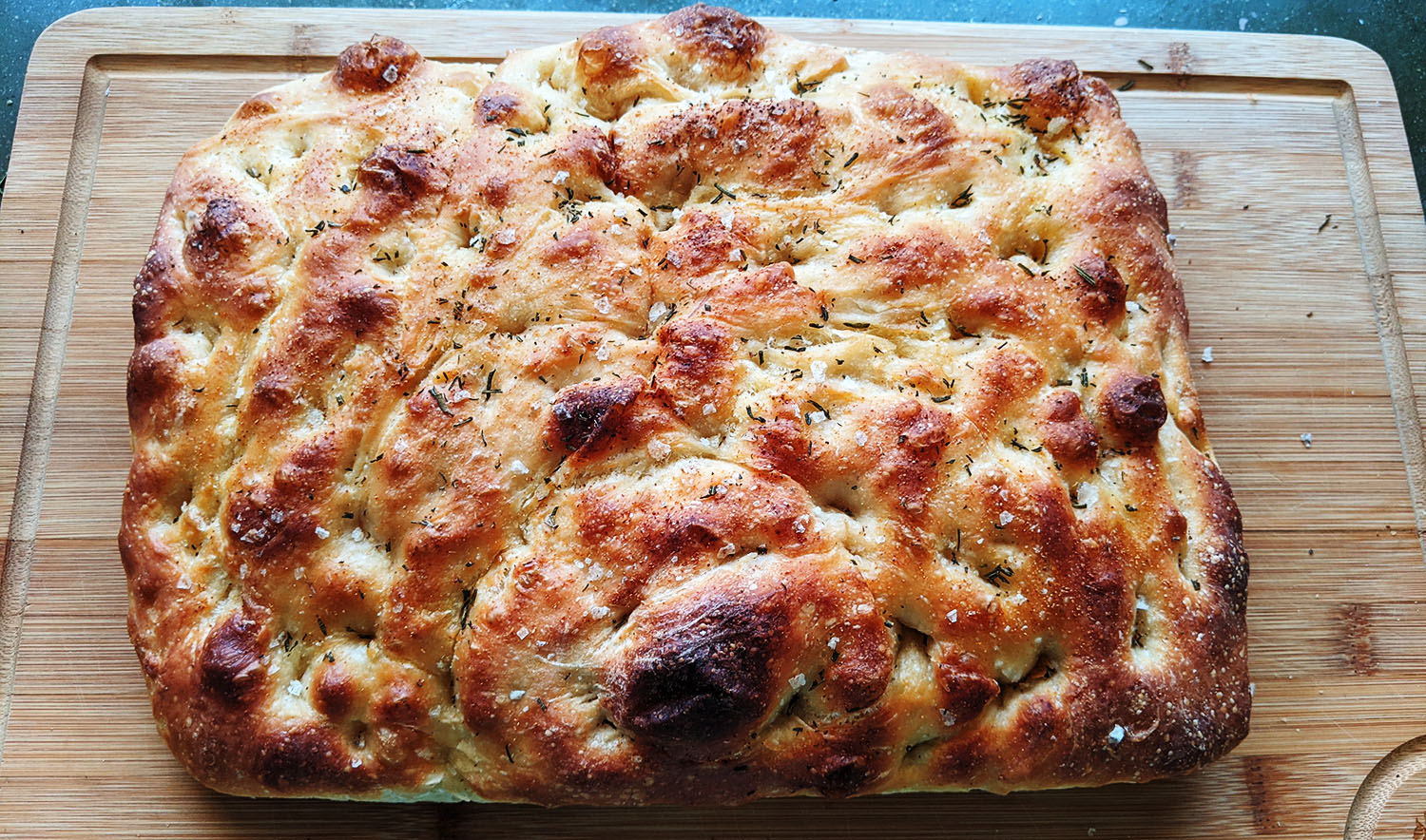
Salty Faith-Based Activism
One of my gripes about cultural and institutional Mormonism, and American Christianity more broadly, is that we have no idea what it means to be in the world but not of the world. We are too preoccupied with personal private purity and our own personal salvation projects. I think we have capitalized too strongly on the first half of this injunction while forgetting the second half entirely. If I were to re-write Jesus’ teaching, I would put it, “be in the world, but not of the world — but still in the world.”
The central message in the wisdom of salt as taught by Jesus is that we, his disciples, must be engaged in the work of preserving, transforming, changing, and revealing the world. I think a great majority of us, myself included at one point, assume spiritual/religious practice involves a sort of pushing away of the world. For some spiritual traditions, this is absolutely true. Asceticism is strong in certain strains of Eastern spiritual practice. However, I would argue that intense asceticism has no place in Christianity, let alone Mormonism.
For too long, I feel, we as a community have cloistered ourselves in our mountain temples and forgotten the world. We are in the world begrudgingly until we can at last enter paradise — all the while holding our nose while we survey the chaos. But this is not the Christian path. Jesus was very obviously not an ascetic. He lived very much in the world and worked at all points to transform and heal it. And lest we forget the famous John 3:16 — “God so loved the world that he gave his only begotten Son.”
Our spiritual duty, as Christians, is to the world. Just as salt is good for nothing if not added to something else, our faith is good for nothing if it doesn’t spur us into action on behalf of the world. So I ask again, if your faith doesn’t extend beyond your body and the four walls of your home, what good is it?
I will put my cards on the table right now — I am an activist by nature and profession. I work for an environmental non-profit, the Southern Utah Wilderness Alliance, that is actively engaged in trying to both preserve Utah’s wild places as well as transform the way Utahn’s relate to said wild places. Day in and day out I breathe activism, protest, and hope for better days. My whole job is an attempt to transform from the inside out how a spiritual community relates to the Earth. Salt is my spirit mineral.
The funny thing is that the fires that fuel my activism were stoked in Sunday School, seminary, and Sacrament Meeting. I work to better the world because I was taught to see the world as God sees it — and love it. While you’ll be sure to find me in the pews on Sunday (when there isn’t a pandemic), you’ll also be sure to find me at the protests and in the voting booths. Activism is a form of spiritual practice to me. And I’d wager that the same is true across the Millennial and GenZ generations.
This summer saw protests and uprisings across America and the world. Millions of people are waking up to the reality that we cannot sit idly by in distant neutrality as injustices are perpetrated against our friends, neighbors, and future generations. You will note that the commitment to political neutrality is really the privileged endorsement of the status quo. And Jesus never gave us permission to endorse the status quo. As the salt of the Earth, we Christians must work from within to preserve the useful, transform the bitter, enhance the good, and reveal the new.
Jesus was not murdered on a cross by both Church and State so we could pat ourselves on the back about being personally saved. As Richard Rohr says in The Wisdom Pattern, “Surely Jesus came for more than self-congratulative societies who forever circle to the wagons around their own saved identities and their own self-serving God.” It is to the work of communal healing and transformation that we have been called.
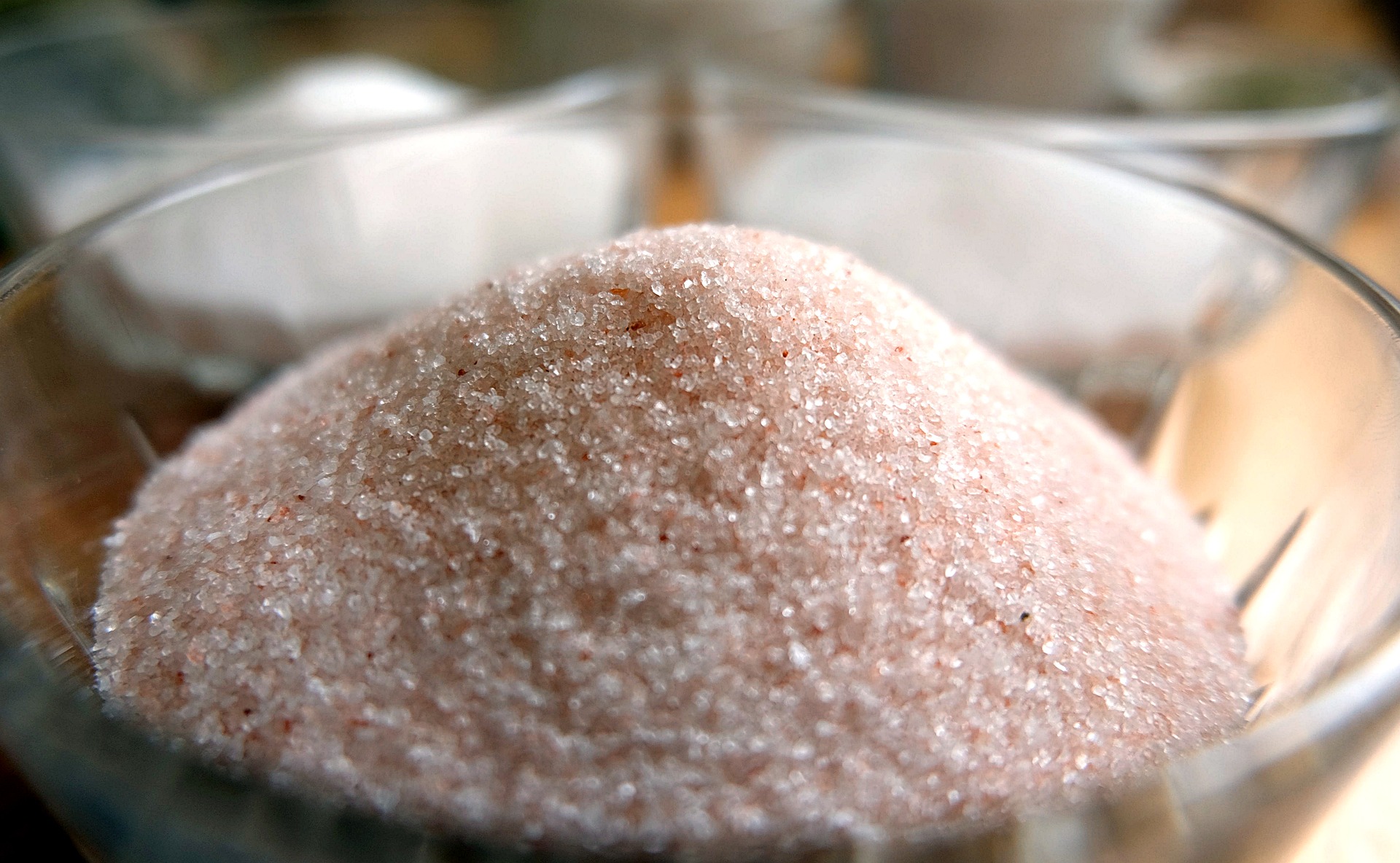
Salt in the World
To wrap things up I return to that central question — what good is your faith? Between a pandemic, climate change, earthquakes, political upheavals, racial injustices, and the ugly return of white supremacy, the world is going through something. 2020 has been hard. But it has revealed to our senses where the problems are — where the salt is needed.
Instead of pushing the world away and supposing you are above the problems, try embracing the world fully as Jesus did. The good and the bad. Be in it. In your embrace, you will learn to love the world the way God does. And because you love the world, you will work tirelessly on behalf of it. So get out there. Let your faith be of use to someone else besides yourself. Show up to a protest (socially distanced of course). Please for the love of all that is holy, vote. Be an active and engaged member of your community. Be the salt. Enchant the world. Preserve the world. Transform the world. Enhance the world. Reveal the world.
